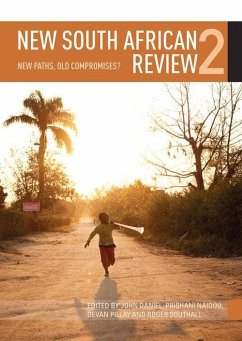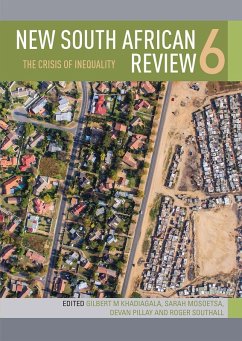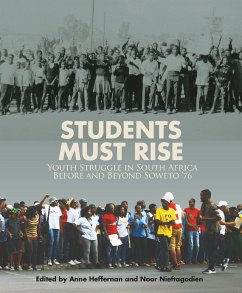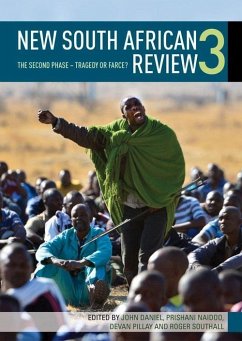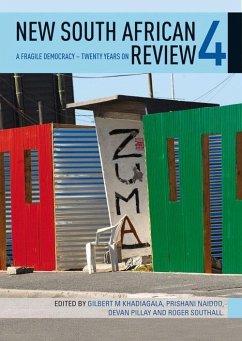What does it mean to be Black in an anti-Black world?
In Black X: Liberatory Thought in Azania, Tendayi Sithole offers a compelling example of how to engage South Africa differently. Set in the Black point of view as a site of critical reflection, he confronts the question of colonial conquest, social cohesion and justice. Since South Africa is a name given to the country by its conquerors, not by its indigenous inhabitants, for true liberation, a renaming needs to occur. The concept of Azania holds this emancipatory gesture.
The post conquest, post 1994 liberal narratives mute the prevalence of racism while valorizing non-racialism and the transcendence of race. To indicate this silencing, the book deploys the concept of X, both as a signifier of repression and dehumanization of the Black subject, and as an empty signifier that holds the opportunity for radical and compassionate rehumanization.
The book examines these strands of erasure and hope for the Black subject. Sithole scrutinizes the colonial contract, arguing that it is not a contract since there has never been an agreement between the indigenous people and the settler colonialists. This brings into focus the land question, specifically land dispossession and its existential connection to black life. The relevance of Black Consciousness to the Azanian existential tradition is based on Steve Biko's case that Marxism ignores Black ontological misery through its valorization of class and failure to include anti-Black racism in its analysis of power. Finally, Sithole analyses Mabogo P. More's philosophical meditations around what it means to be Black in an anti-Black world.
In erasing the idea of South Africa and inscribing an open-ended naming of X, the book opens the way for something new to take its place that is imbued with greater humanity. This gesture opens up the potential to think about liberation in this country that is yet to rename and redefine itself.
In Black X: Liberatory Thought in Azania, Tendayi Sithole offers a compelling example of how to engage South Africa differently. Set in the Black point of view as a site of critical reflection, he confronts the question of colonial conquest, social cohesion and justice. Since South Africa is a name given to the country by its conquerors, not by its indigenous inhabitants, for true liberation, a renaming needs to occur. The concept of Azania holds this emancipatory gesture.
The post conquest, post 1994 liberal narratives mute the prevalence of racism while valorizing non-racialism and the transcendence of race. To indicate this silencing, the book deploys the concept of X, both as a signifier of repression and dehumanization of the Black subject, and as an empty signifier that holds the opportunity for radical and compassionate rehumanization.
The book examines these strands of erasure and hope for the Black subject. Sithole scrutinizes the colonial contract, arguing that it is not a contract since there has never been an agreement between the indigenous people and the settler colonialists. This brings into focus the land question, specifically land dispossession and its existential connection to black life. The relevance of Black Consciousness to the Azanian existential tradition is based on Steve Biko's case that Marxism ignores Black ontological misery through its valorization of class and failure to include anti-Black racism in its analysis of power. Finally, Sithole analyses Mabogo P. More's philosophical meditations around what it means to be Black in an anti-Black world.
In erasing the idea of South Africa and inscribing an open-ended naming of X, the book opens the way for something new to take its place that is imbued with greater humanity. This gesture opens up the potential to think about liberation in this country that is yet to rename and redefine itself.
Dieser Download kann aus rechtlichen Gründen nur mit Rechnungsadresse in A, D ausgeliefert werden.




